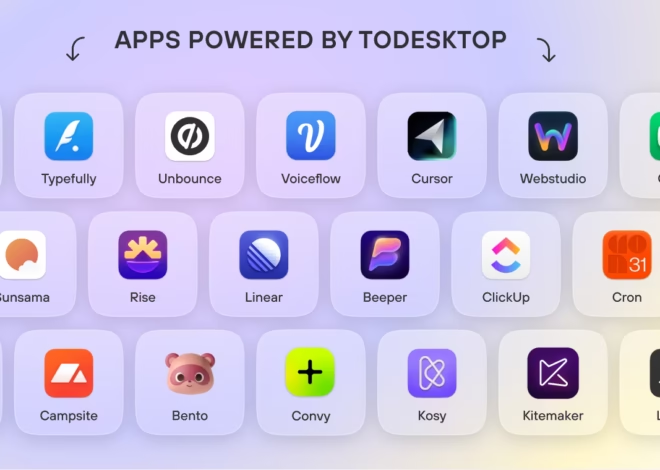
Yon Bèt Debaz: Meaning, Origin, Usage, and Cultural Context Explained
What Does “Yon Bèt Debaz” Mean?
The Haitian Creole phrase “yon bèt debaz” literally translates to “a basic animal” in English. While it might seem strange or humorous at first glance, this expression carries layered cultural and emotional meaning.
- “Yon” means “a” or “one.”
- “Bèt” translates to “animal.”
- “Debaz” means “basic” or “fundamental.”
When combined, “yon bèt debaz” is often used pejoratively to describe someone seen as uncultured, brutish, or lacking refinement. It can suggest that the person behaves in a base, animalistic way, devoid of sophistication or social polish.
Linguistic Breakdown of “Yon Bèt Debaz”
Understanding the phrase from a linguistic perspective offers insight into its structure and origins.
| Creole Word | English Translation | Notes |
| Yon | One / A | Article used before nouns |
| Bèt | Animal | Often implies wildness or lack of control |
| Debaz | Basic / Foundational | Derived from the French de base |
This structure is typical in Haitian Creole, a language derived from 18th-century French, mixed with West African languages, Spanish, and indigenous Taíno influences.
Cultural Significance in Haitian Society
In Haiti, language is more than communication—it’s a mirror of identity and social values. Calling someone “yon bèt debaz” isn’t just name-calling; it reflects deeper tensions around:
- Class – It’s often used to insult someone seen as uncultured or from a rough background.
- Behavior – It suggests the person acts without civility or self-control.
- Social Hierarchy – Using the phrase places the speaker above the one being insulted.
It’s comparable to calling someone a “savage” or “brute” in English but with a cultural flavor specific to Haitian discourse.
“Yon Bèt Debaz” in Pop Culture: Cyberpunk 2077
The phrase gained global attention when it appeared in the video game Cyberpunk 2077. The character Maman Brigitte, leader of the Voodoo Boys, uses “yon bèt debaz” to describe Placide, one of her lieutenants.
This usage isn’t just flair—it shows her disdain for Placide’s brute-force approach to leadership. While he is strong and loyal, she views him as lacking in finesse or vision. The phrase paints Placide as effective but unsophisticated—a “basic animal” used for dirty work.
This inclusion demonstrates how powerful Creole phrases can transcend borders when incorporated meaningfully into storytelling.
Comparing “Yon Bèt Debaz” with Similar Expressions
To better understand its intensity, let’s compare this phrase with similar insults across different cultures:
| Language | Phrase | Similar Meaning |
| English | “Brute” or “Savage” | Someone uncivilized or crude |
| French | “Primitif” | Primitive, lacking sophistication |
| Jamaican Patois | “Boasy brute” | Arrogant and rough character |
| Spanish | “Bestia” | Beast-like, clumsy, unintelligent |
All share the theme of reduced humanity—stripping the person down to base instincts and behavior.
Sociolinguistic Perspectives: More Than Just Words
Why do phrases like “yon bèt debaz” resonate so strongly?
Because language, especially in Creole cultures, is deeply tied to identity, struggle, and survival. Haitian Creole was born from colonial oppression and became a language of resilience.
Using such a phrase reveals:
- Group boundaries – Who is “civilized” vs. who is “base.”
- Emotional expression – How people articulate anger or disappointment.
- Cultural pride – Holding onto expressions that reflect deep social truths.
In this way, the phrase is not just an insult—it’s a tool of social positioning.
Frequently Asked Questions (FAQs)
1. Is “yon bèt debaz” always offensive?
Yes, it’s typically used in a derogatory way. However, in informal or humorous contexts among friends, it can be softened—though caution is advised.
2. Where is Haitian Creole spoken besides Haiti?
It is spoken in communities across the Dominican Republic, the U.S. (notably Florida and New York), Canada, and France.
3. Can this phrase be used in writing or literature?
Yes, especially in dialogue or cultural commentary. It adds authenticity when used appropriately.
4. Why was Haitian Creole used in Cyberpunk 2077?
To reflect the cultural background of the Voodoo Boys faction, which draws inspiration from Haitian identity and mysticism.
5. Are there polite ways to criticize someone in Haitian Creole?
Yes, Haitian Creole has many expressions. For example, instead of “yon bèt debaz”, one might say, li manke distenksyon (“they lack refinement”).
Conclusion: A Phrase That Speaks Volumes
“Yon bèt debaz” is a powerful, culturally rich expression in Haitian Creole. More than just an insult, it reflects identity, class, emotion, and social critique. From street corners in Port-au-Prince to the neon-lit alleys of Night City in Cyberpunk 2077, this phrase carries weight and meaning.
Understanding it requires more than a dictionary—it demands context, culture, and compassion. And that’s exactly what we’ve delivered in this guide.
Recommended Articles
- Emergency Surgery: A Complete Guide to Life-Saving Surgical InterventionIntroduction to Emergency Surgery
- The Ultimate Guide to Clickbaitosaurus: Understanding, Identifying, and Defeating the Beast of Digital Deception
- The Ultimate Guide to the Songbird Serenade AI Voice Model
- NBA 2K23 Chuma Okeke Cyberface: The Ultimate Guide to His Realistic In-Game Look
- Aaron Gaun and InvestorLift: A Complete Guide to the Real Estate Tech Disruptor


